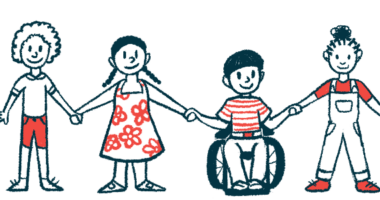Applications Open for Patient Assistance Grants Program

The Dravet Syndrome Foundation (DSF) is accepting applications for its Patient Assistance Grants (PAG) program that provides financial aid to people with Dravet syndrome who need medical equipment, therapy devices and educational tools.
Since 2009, the PAG program runs from March 1 to Dec. 1 or until the funds for the year have been allocated.
The grants of $1,500 aim to help families acquire equipment that is not covered through their private insurance or Medicaid. Families or individuals can re-apply to the program each year, but each patient is supported up to a total cap of $5,000.
Importantly, the program is based on needs and is not limited by income. Moreover, it does not cover medical co-pays, therapy costs, respite assistance or service animals.
In order to apply caregivers should file a completed application, provide a recent letter from the child’s physician explaining the medical need (it must list the patient’s diagnosis), proof of all income, a letter denying the equipment by an insurance provider, and any other documentation that can support the request.
The items covered under this program currently include: durable medical equipment (such as orthotics and cooling vests, among others); therapy equipment; communication devices, including iPads; and costs associated with ketogenic diet implementation.
The PAG is open to patients worldwide who are members of the DSF Family Network. Go here to apply. For more information applicants can email [email protected]
To date, PAG has awarded more than $178,000 in grants to help families obtain devices and equipment.
A diagnosis of Dravet syndrome within a family comes with a heavy financial toll. A study reported that the costs associated with a child or adult with Dravet mounted to an average financial burden of $106,378 a year. This included direct costs, such as hospitalizations and in-home medical care visits, and indirect costs linked with the extensive time caregivers provide to Dravet syndrome patients, which results in loss of income loss, loss of productivity and leisure time.
“While it cannot fulfill all of the financial needs within our community, we hope that it offers the opportunity for parents to obtain some of the needed equipment for their loved ones that is not covered through their private insurance or medicaid,” Mary Anne Meskis, founding member and executive director of the Dravet Syndrome Foundation since 2012, stated on the DSF’s webpage.






